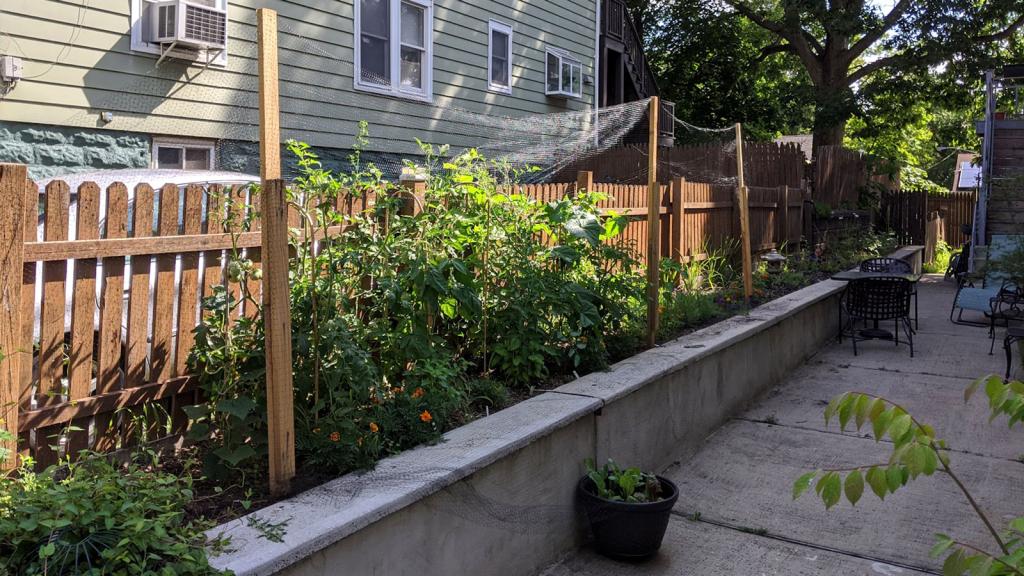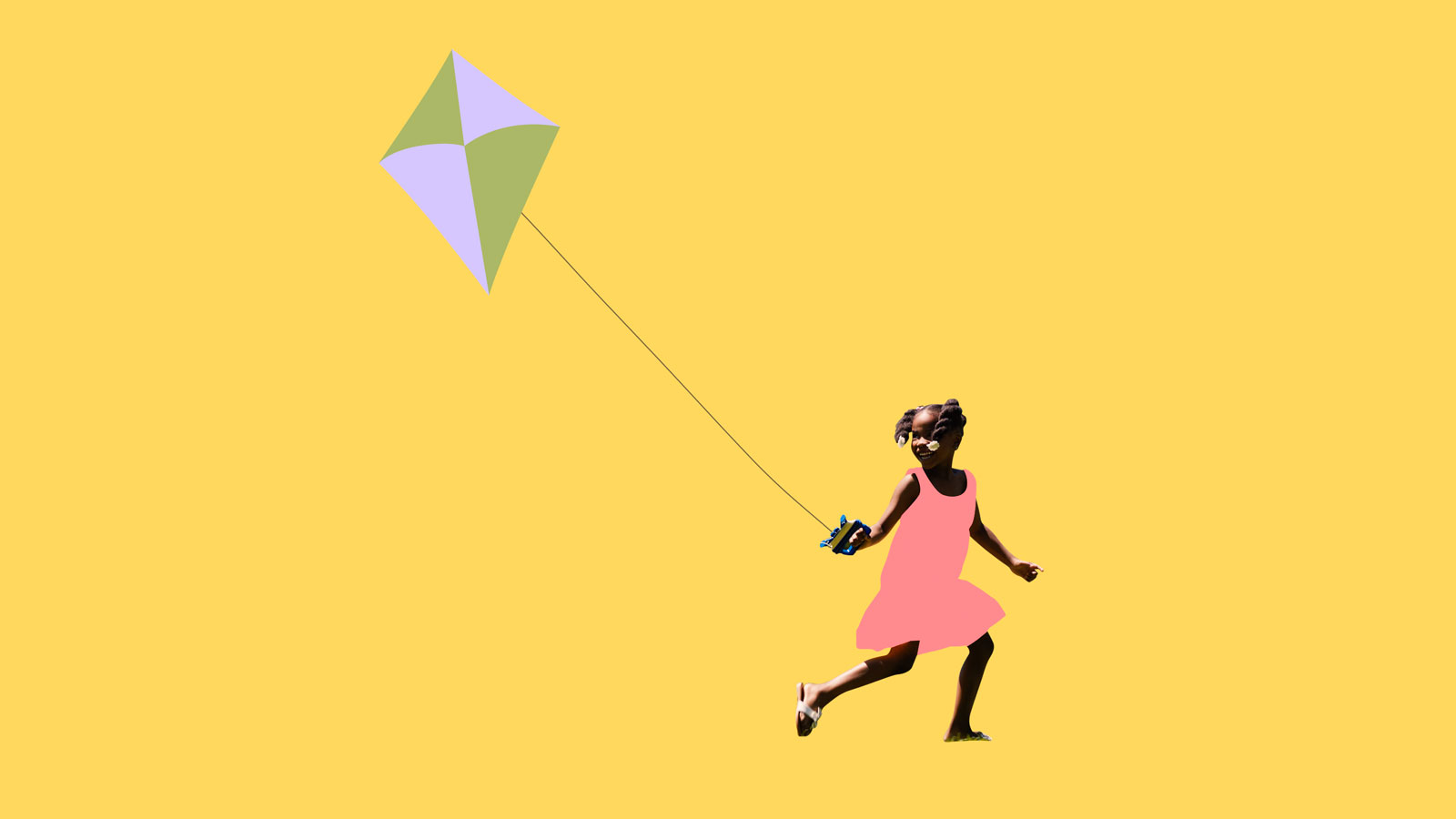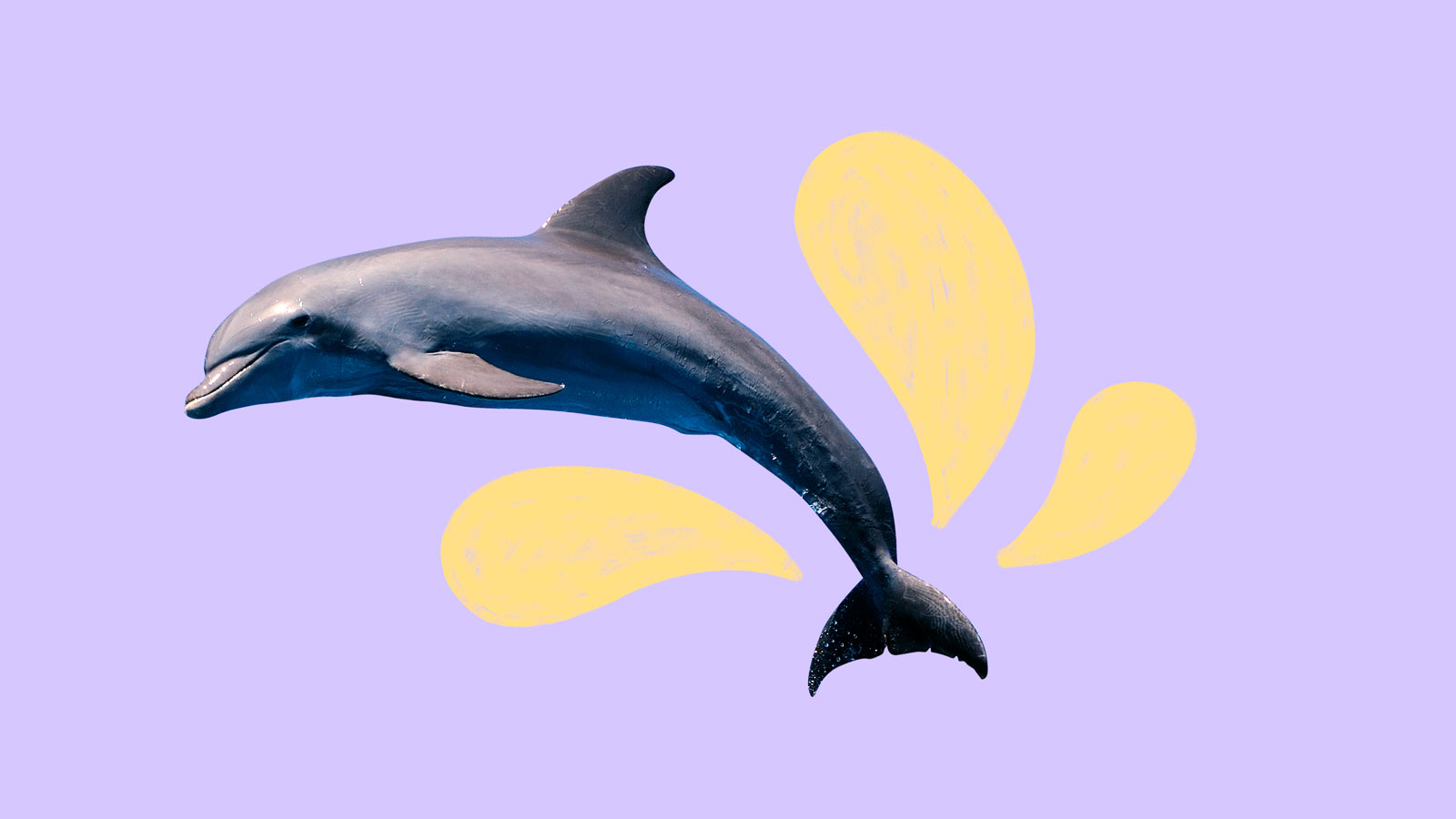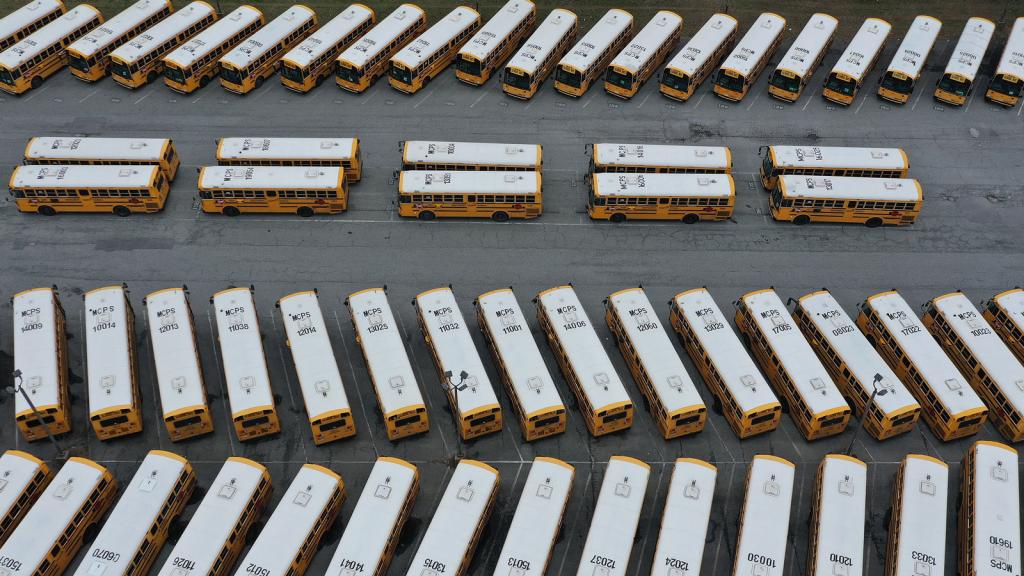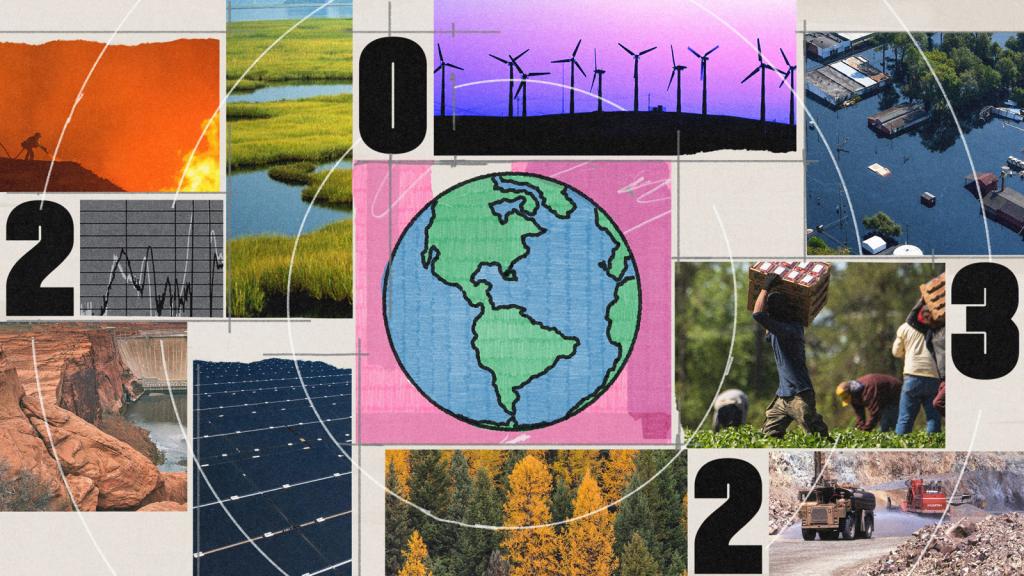Joy can strengthen our resolve, help us unlock creativity, and bolster our resilience. In Fix’s Joy Issue, we explore the importance and power of finding joy in the face of grief, anger, and a changing climate.
One morning in May, I noticed the okra seedlings in our garden had chunks bitten off their leaves. Pill bugs, I suspected. Or, as my children know them, roly-polies. I started poking around the stems, and, sure enough, roly-polies in various stages of development, from eggs to adults, clustered around the fragile young plants. I recoiled in disgust. Then I had an idea. “Miles, come look!” I yelled.
My 3-year-old happened to be poking at something on the ground nearby and scurried over. I asked if he wanted to help pluck out the roly-polies and he happily stuck his fingers in the dirt. We spent the next few minutes with our eyes close to the soil, noticing not only pill bugs but also ants, earthworms, and teensy red arachnids called clover mites. When the earthworm we placed on the stone garden border squirmed back into the dirt, Miles squealed, “He’s running away!” Every creature’s movement was cause for exclamation. And there were so many in this tiny patch of dirt.
For me, picking pill bugs started as a chore, a problem to be solved. With my son around, it became a portal into a different way of being. I don’t know if the okra benefitted in the end, but I did.
[Read more: What can you do for the climate? Not everything, but start here.]
Climate change is much more complex than a bug-infested garden, but what I experienced with my child that morning is something I want to bring to tackling this issue, too. Children bring attention, open-mindedness, and clarity to everything they do. They are natural practitioners — and teachers — of joy. I’m starting to see that their partnership in forging a sustainable future is not optional, but essential.
‘Without joy, there is nothing’
On any given day, Miles will say, “Play with me,” countless times. If we’re lucky, he may get a yes from me once or twice. Like most adults, I’m focused on the world within my devices, where “important things” are happening. I have an agenda, and free play isn’t one of the boxes to check.
But what if, asks social entrepreneur Nivi Achanta, goal-orientedness is part of our problem? Achanta was a corporate tech consultant when she founded the sustainability-focused Soapbox Project in 2019. She and her team send bite-size weekly emails on topics like space trash, meat, and electrification. They also host virtual and local community meetups to learn and take concrete actions to fight climate change.
Achanta envisioned a trajectory where Soapbox would grow through venture capital and app development. But then the pandemic hit, Achanta lost her consulting job, and she got a nannying position. “I did it because I needed money, and I wanted a job that got me out of the house in a pandemic,” she says.
Taking care of two sisters, ages 7 and 10, has reoriented Achanta’s approach to the Soapbox Project. One time, she and the girls started talking about dream kingdoms. “I want a big, big house,” one sister started out. She went on to describe a world with no fences, where her friends lived with or near her, animals roamed freely, and everyone actually wanted to do the chores they were assigned.
“They were talking about the same types of community structures that would enable us to live on a safer, healthier planet,” Achanta says. “There was so much sharing, greenery, biodiversity.” She wondered how to harness this imagination and spread it to adults, who are often so removed from playacting and daydreaming. This inspired a Soapbox-sponsored climate imagination workshop that featured speakers from Sundance Film Festival, OctoNation, and others (including Fix’s Tory Stephens, creative manager of the Imagine 2200 climate-fiction contest), and time for participants to practice creative climate imagination.
Today, Achanta is more collaborative and open to being defined by multiple goals. “Or even not having a goal at all,” she adds, “which is a very scary thing to say publicly.”
Recently, founding members of the Soapbox community met to discuss the group’s direction. They decided to make courage and joy their core values. “Spending my time with kids in the past year was really fundamental for bringing joy as a core value,” Achanta says. “I’m realizing that without joy, there is nothing.”
What children teach us
Riding in his booster seat recently, my 5-year-old told me, “I don’t want to drive cars anymore, because they change the climate. I just want to ride horses everywhere.” I kept driving, wondering how to honor his request.
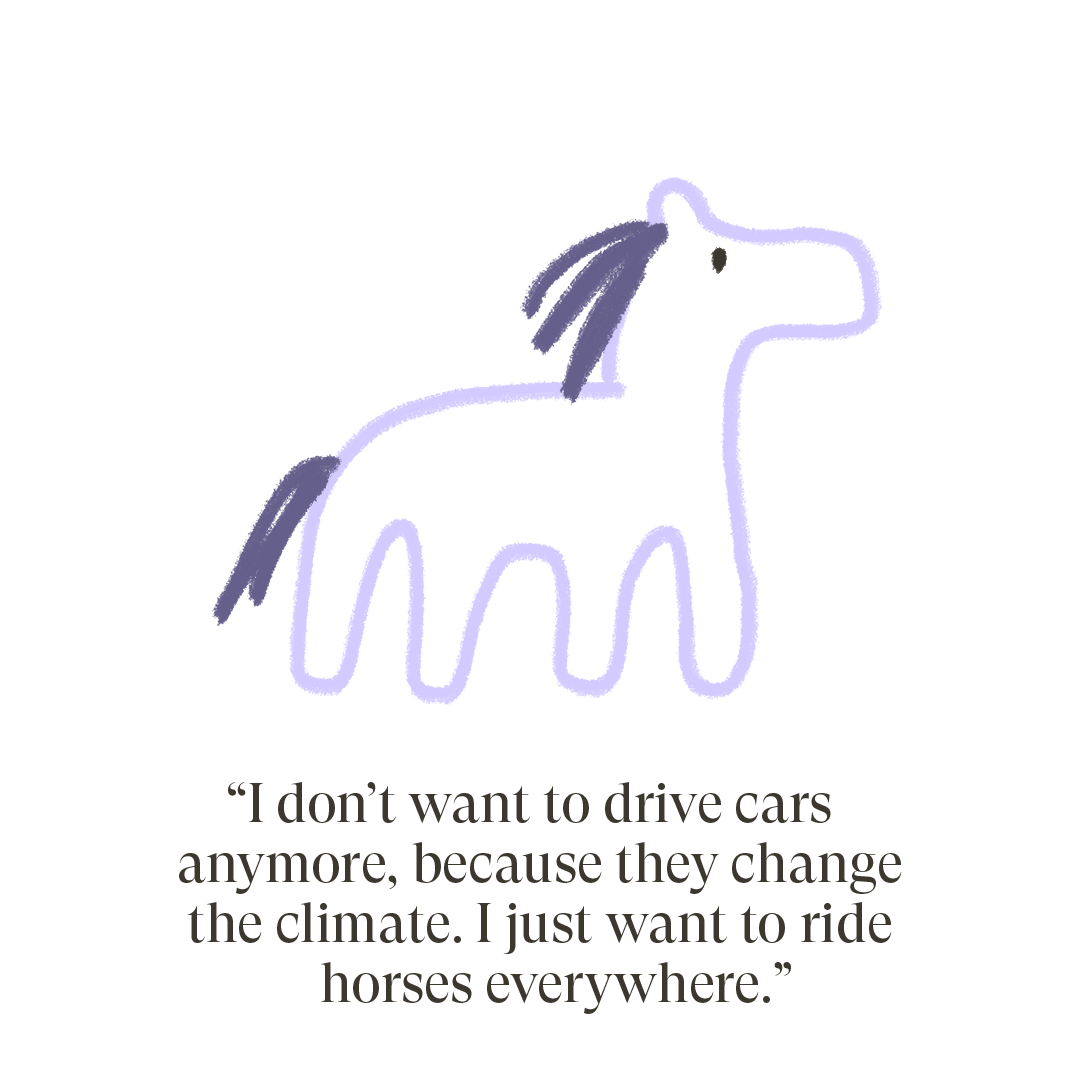
I love Finley’s impulse. He has fond memories of horseback riding from our visit to a horse farm two years ago, where he made sure to wear his “horsey vest” — a tweed button-up with a picture of a polo player sewn on the side. In his mind, if we’re doing something harmful, why not replace it with something that’s not harmful, and also fun?
A few years ago, my now 8-year-old was also learning about climate change for the first time and coming up with ideas: “What if we have a big kitchen where everyone goes to get their food?” “What if a train comes to pick everyone up at their house?” Why not? I wondered. What’s stopping us?
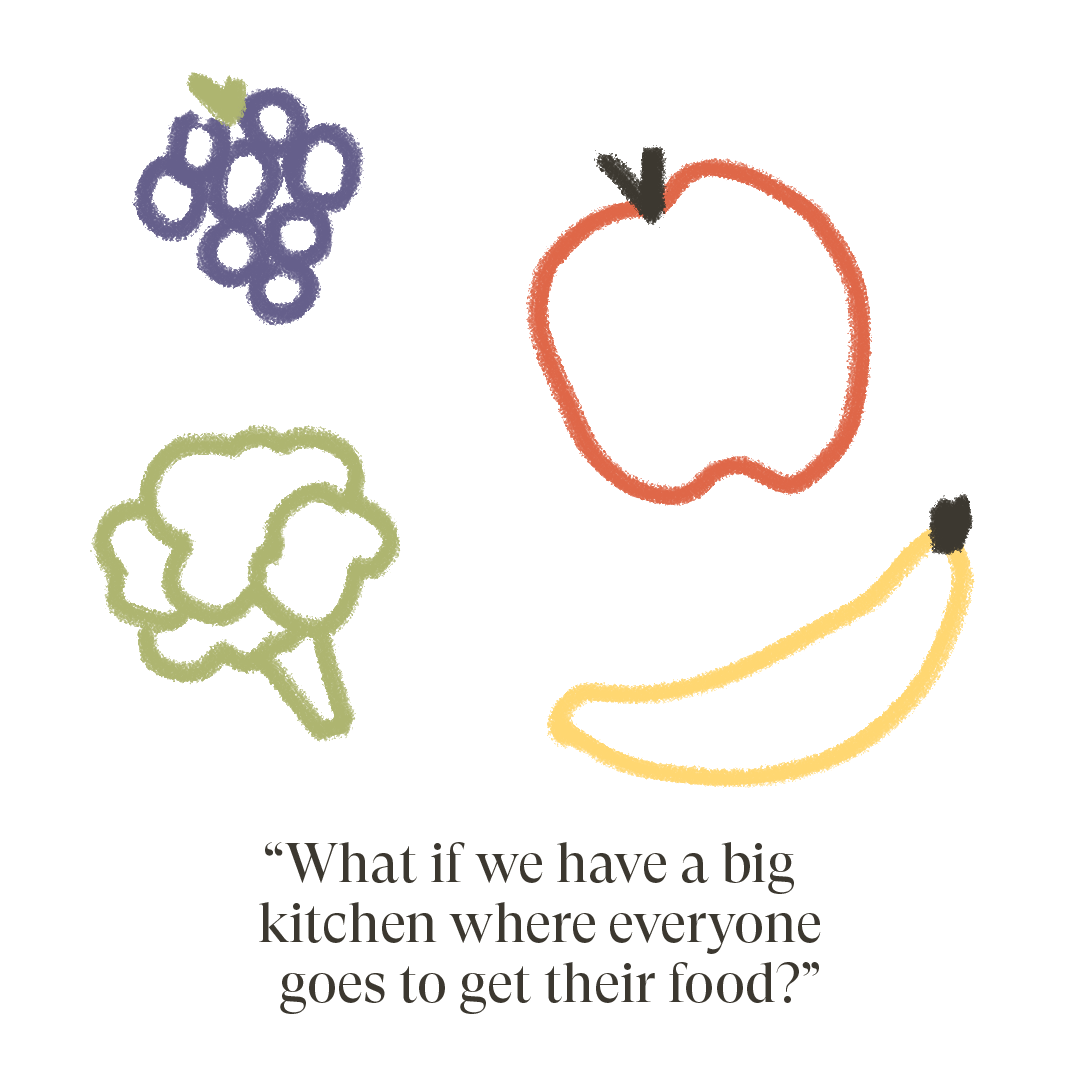
Kids offer moral clarity, says activist and writer Lydia Wylie-Kellermann. Her 9-year-old son Isaac’s insistence on not driving a car pushed the family to buy a used hybrid earlier than they otherwise would have. Isaac also refused to wear shoes for nine months “so I better communicate with the earth.” Children’s perspectives cut through adult hedging around things like cost or practicality.
They also cut through our practiced indifference to pain. When Wylie-Kellermann’s children notice roadkill, “They want to go and see everything. They want to bury it.” She has to push past her disgust to get a shovel and honor the animal with a funeral. “It’s so out of my instincts and body. But I trust their instincts, they’re so beautiful.”
They invite the neighbors, sing songs, tell stories, and return the animal to the earth. “It’s such an important way to process grief around the earth. To notice that there’s pain and violence, that creatures are dying,” Wylie-Kellermann says. “How do we honor them and love them?”
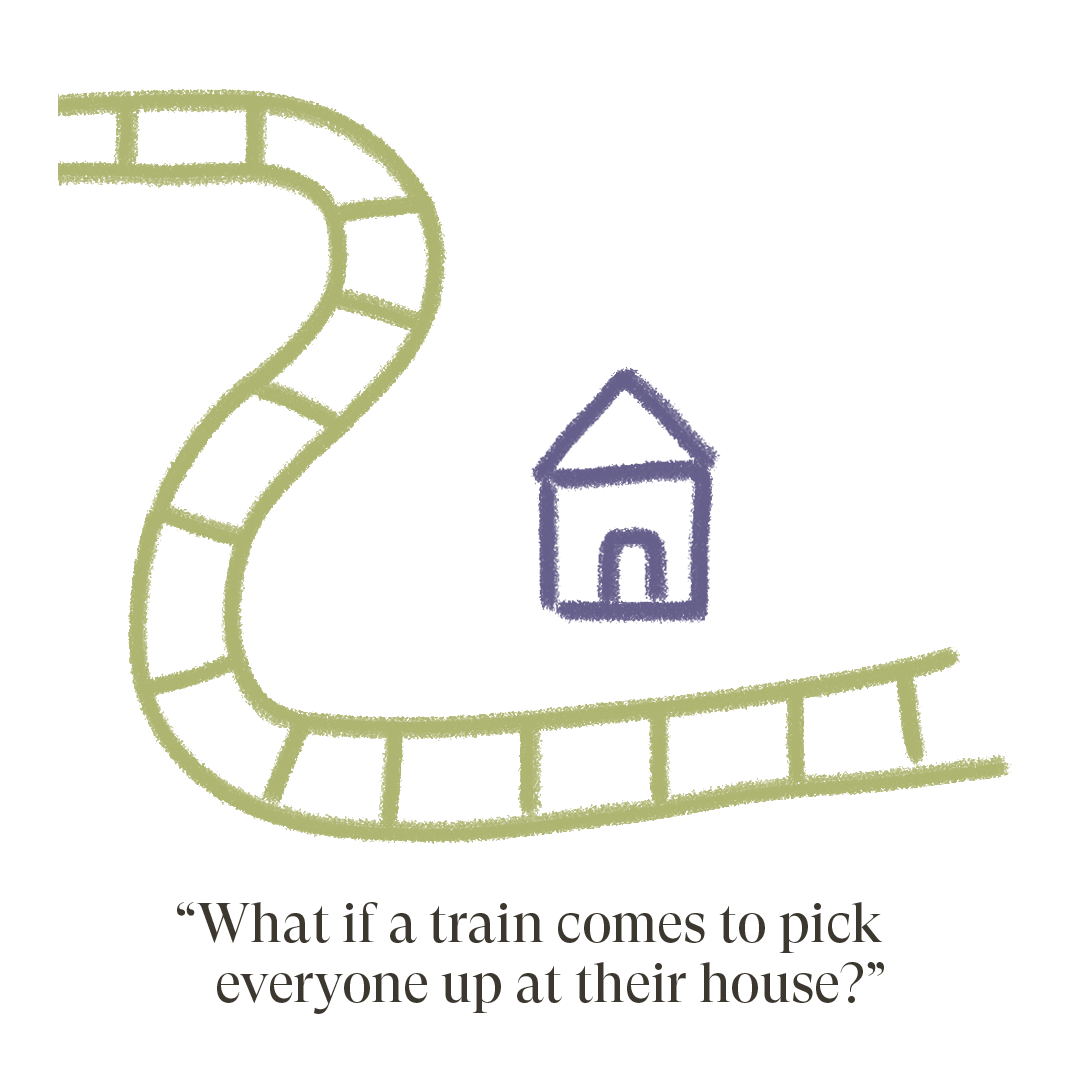
Maybe, I told Wylie-Kellermann during our Zoom call, that same capacity to pay attention to pain is what expands our capacity for joy. “But how do you hold pain and joy together?” I asked. For me, pain so easily morphs into anxiety and despair.
Wylie-Kellermann quoted activist Daneen Akers, who said the antidote to anxiety and despair is awe and wonder. It’s something children are naturally good at practicing, she adds. “They see the birds and know their names. They find the bugs. They see the plants come up first.”
Despite intensifying climate disasters, there is still so much to notice and wonder about on earth, from roly-polies to roadkill. Even the loss of life is a source of awe: This creature was alive. And we are still here, breathing and witnessing. When I’m with my children or others’ children, I enter that better state of being, where the simple fact that I am alive on this planet, in all its riotous glory and grief, feels like a miracle. Facing an unknown climate future incites less fear, and more curiosity and excitement. Looking at the roly-poly curled tightly in my son’s pudgy palm, something like joy bubbles up: Where will we go from here?
Explore more from Fix’s Joy Issue:
- When musician Mali Obomsawin traded righteous anger for joyous action
- Happy Climate is on a mission to show what we gain from climate action
- With their beloved sports at risk, outdoor athletes are taking climate action
